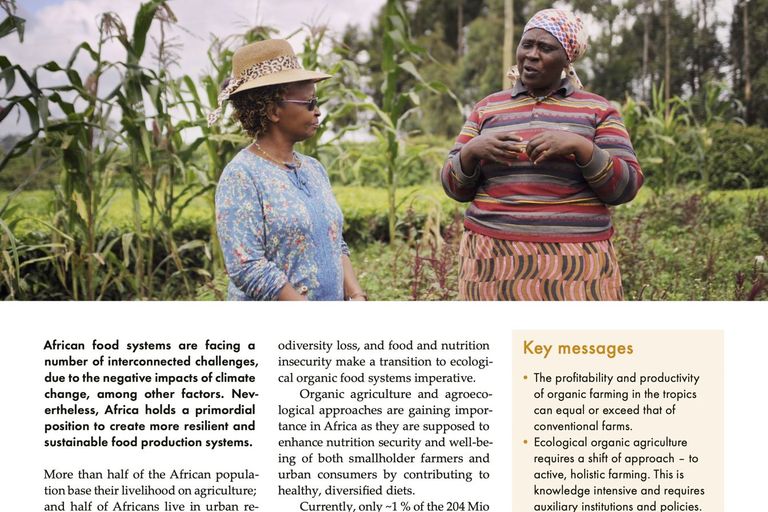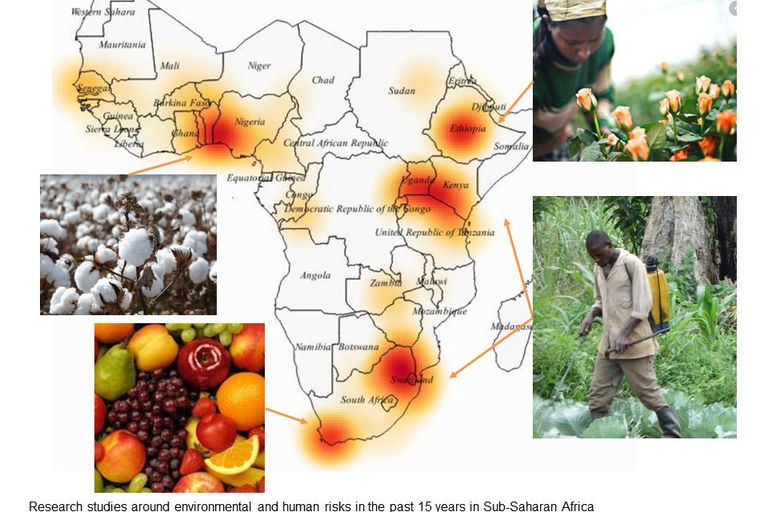Temi associati

Advancing ecological organic agriculture in Africa
African food systems are facing a number of interconnected challenges, due to the negative impacts of climate change, among other factors. Nev ertheless, Africa holds a primordial position to create more resilient and sustainable food production systems.

Interventions to Reduce Pesticide Exposure from Agriculture Sector in Africa
The SwissTPH online workshop aims to discuss recent research about interventions to reduce pesticide exposure from agriculture sector in Africa.

«Die Schweiz hätte jetzt die Chance, eine Ernährungspolitik zu verfassen»
Im CDE Interview stellt Johanna Jacobi Erkenntnisse aus der Nord-Süd Forschung in Bezug zur Schweiz und zeigt, wie Landwirtschaft zu nachhaltiger Entwicklung beitragen kann und was sich dafür auch in der Schweiz ändern müsste.
Immagine: Foto: CDEVariety is the source of life
For millennia, humankind’s food security and resilience were ensured by thousands of cultivated plant species, dozens of domesticated animal species, and the wider biodiversity from which they derive. But with the expansion of industrial agriculture and globalized standardized food systems, this long-running agricultural biodiversity has fallen steeply. Today, just three plant species account for half of all plant-based food calories, and only four animal species account for the vast majority of meat supplies. Looking ahead, restoring agrobiodiversity – the richness of what we cultivate, breed, consume, and conserve in the wild – is crucial to ensure resilient food systems against the backdrop of climate change. In particular, we must safeguard the livelihoods of the “guardians of agrobiodiversity”: approximately 500 million small farms across the world – particularly those in the global South. This factsheet outlines causes and consequences of agrobiodiversity loss, areas of promise, and options for policy and research.
Immagine: KFPE

